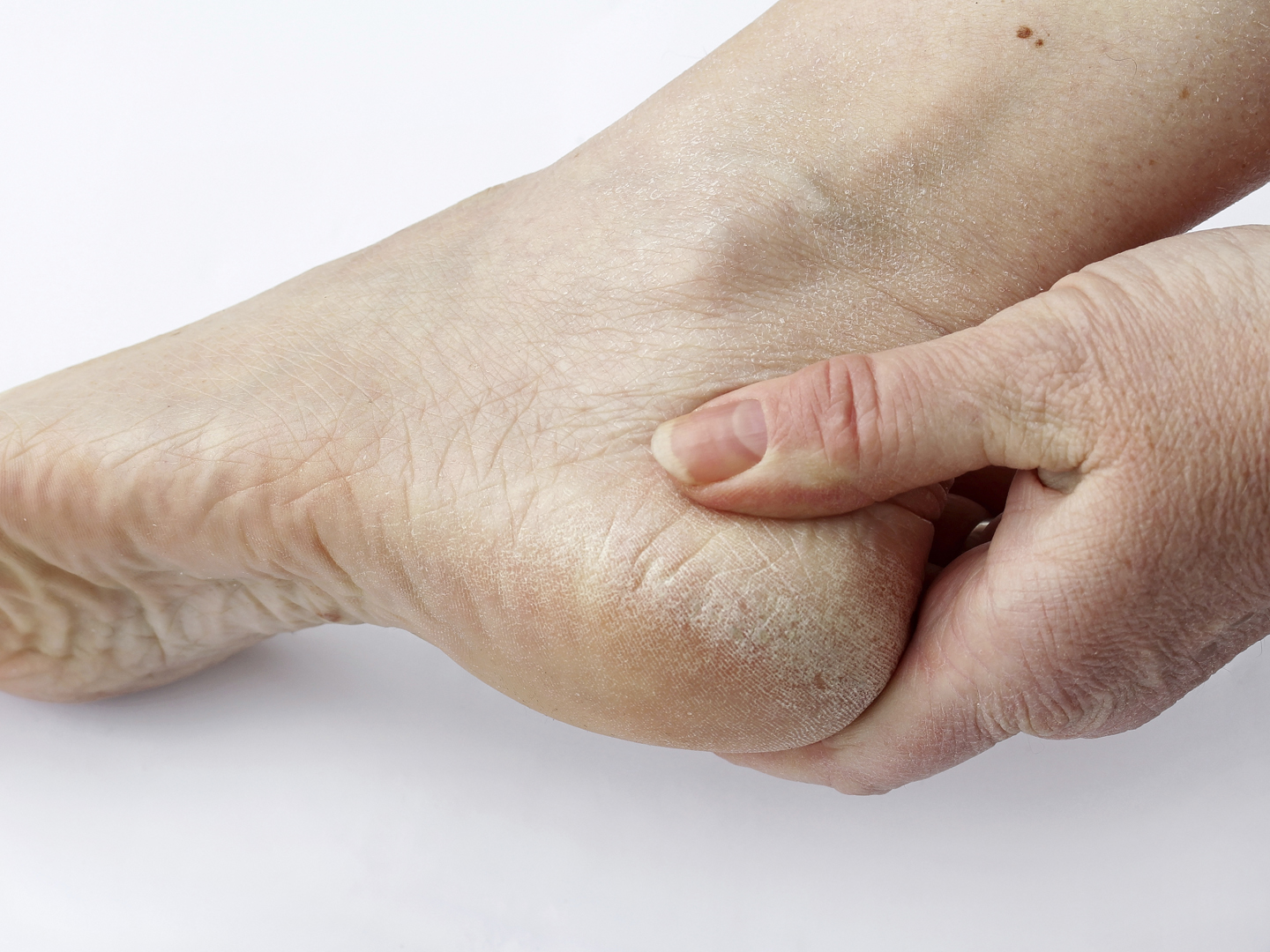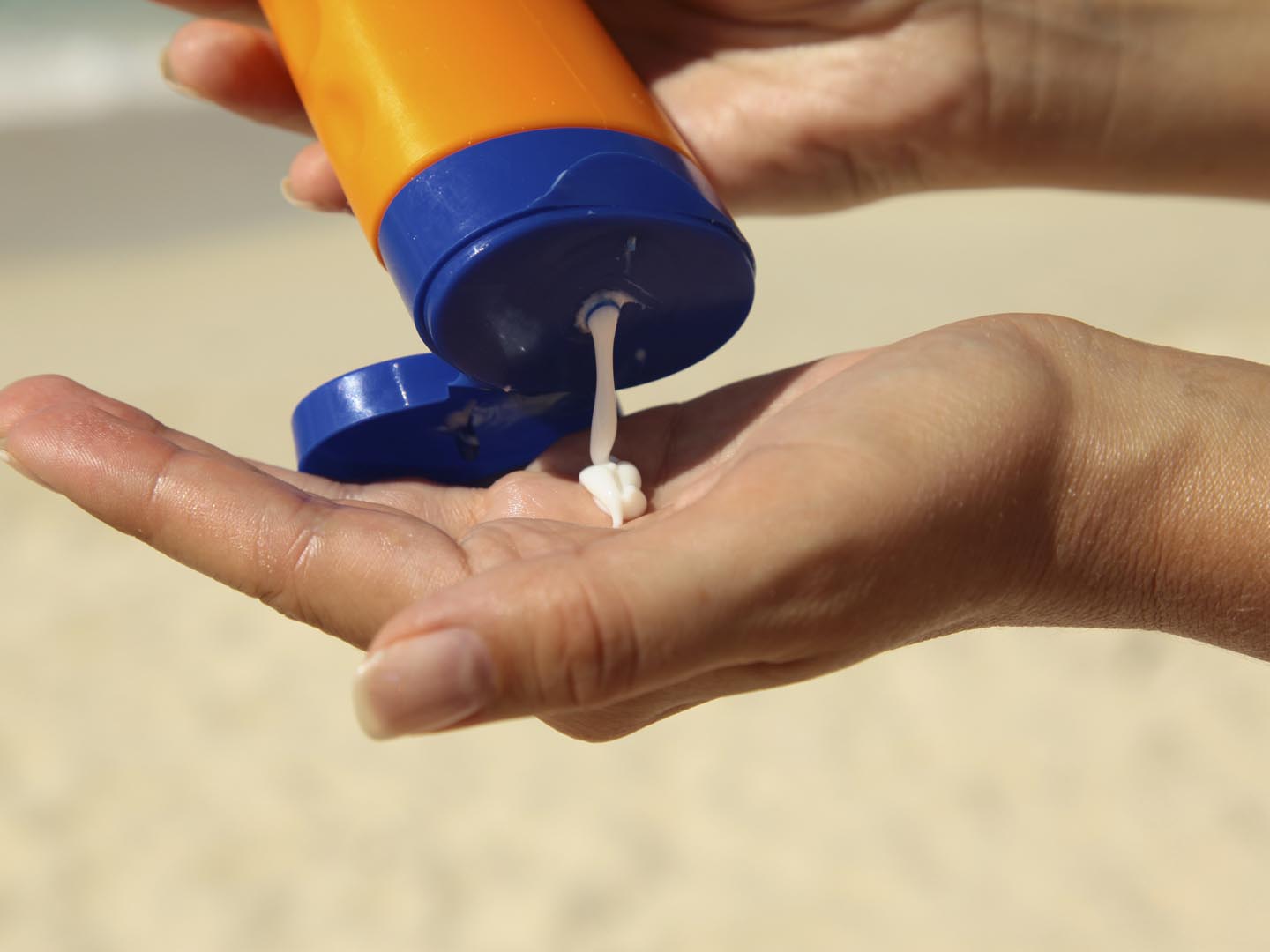Facing up to Flaking Skin?
Conventional medicine has been ineffective in treating my seborrheic dermatitis. My symptoms include inflammation, redness, itchiness and, worst of all, hair loss. I’m a woman in my early thirties.
Andrew Weil, M.D. | May 14, 2004

Seborrheic dermatitis is a chronic condition that causes flaking of the skin. It usually affects the scalp, where the flaking produces dandruff. But it also can occur on the face and chest and the creases of the arms, legs and groin. Although the cause is unknown, the disorder appears to run in families, and the risk may be increased by such factors as stress, fatigue, extremes of weather, oily skin, infrequent shampooing or skin cleansing, use of lotions containing alcohol, acne or obesity. Seborrheic dermatitis may become inactive for stretches of time and then flare up again; for unknown reasons, the condition may improve in the summer, especially after outdoor activities.
Treatment depends on what part of the body is affected. If the main problem is dandruff, a special shampoo (available over the counter) usually takes care of the problem. If not, a prescription steroid lotion might be recommended.
Steroid lotions are also the standard treatment for seborrheic dermatitis that occurs elsewhere on the body.
I would recommend consulting a practitioner of Chinese medicine or homeopathy as well as supplementing with GLA (gamma-linolenic acid), an essential fatty acid hard to come by in the diet. GLA promotes healthy growth of skin, hair and nails. The best sources are evening primrose oil and black currant oil. I usually suggest black currant oil in doses of 500 mg twice a day as the most economical remedy for skin conditions. You won’t see immediate results; it typically takes six to eight weeks to for changes to appear.
In addition to essential fatty acids, consider an anti-inflammatory diet: this involves eliminating processed foods and hydrogenated fats and increasing your intake of omega-3 fatty acids by eating wild cold-water fish, freshly ground flax seeds, walnuts, fortified eggs, and leafy green vegetables. In addition, avoid milk and other dairy products.
Because skin conditions often respond very well to hypnosis, you might consider consulting a hypnotherapist experienced in treating them. You can find one in your area by logging on to the web site of American Society of Clinical Hypnosis at: http://www.asch.net/referrals.asp
Andrew Weil, M.D.









